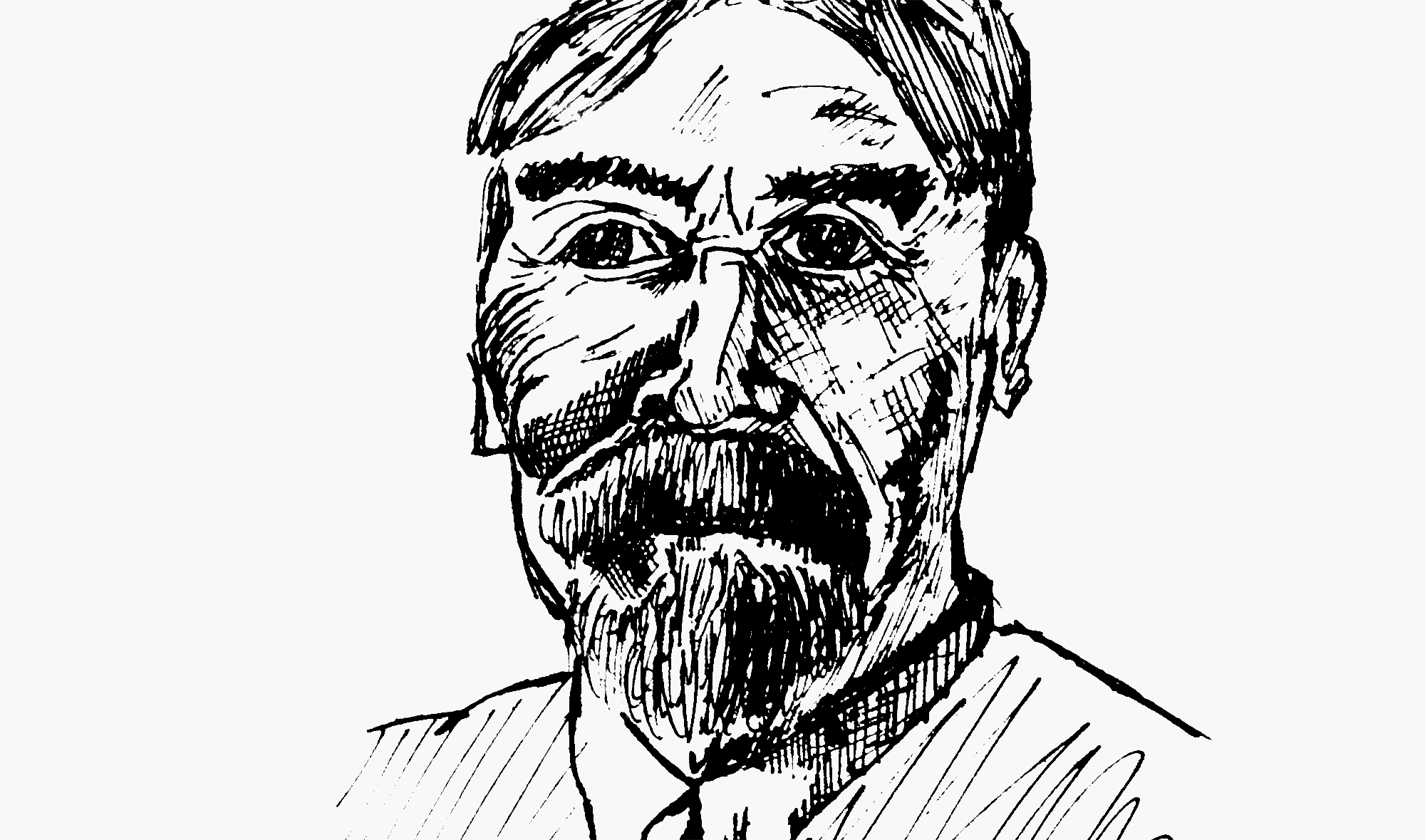At some point in the world’s long history, people woke up in a place where finance and economy began to count more than anything else. A world where countries are the GDP they do, people are the money they earn and banks are the loans they give. But this is nothing new. More than a century ago, the economist Thorstein Veblen understood that after the hunters, the warriors and the feudatories in industrial society, the hierarchy is now based on the financial strength and finance has entered the lives of all of us.
Over the past fifty years, the use of the word “poverty” has more than doubled. It’s on everyone’s lips, and we all feel poorer. But poor of what? Money, obviously. In a capitalist culture, the poor are the ones who have nothing or who have little – as Marx’s proletariats, who had nothing except their children. But “poor” in its etymological meaning is not the one who has nothing but the one who does nothing. And that’s completely different. The word “poor” comes from the Latin words pauca (a few things) and pariens (from the verb părĭo – to produce), hence pauper as the one who produces little, and not the one who earns little.
And that’s a big mistake because it means confusing the action with its consequences. Not having is a consequence of not producing, and not vice versa. The act of being poor (in its real meaning) is the action that leads to the consequence of being poor (in its current meaning). On the contrary, having nothing leads to having the need to do something. It leads to that innovation based on creativity that can really change the world (for the better). In this perspective, the poor are not those who have nothing but those who do nothing. Those who give up. Those who do not have the courage to struggle for their own ideas. Those who have given their creativity and their enthusiasm away. Those who do not invest. And those who say no even before understanding what they are giving up.
That’s the poverty that should frighten us more because that’s the poverty which leads to the economic poverty we all talk so much about and, more importantly, that feeds the reserve army of labour, made up of unemployed and inactive, which affects our (like many others) country.

